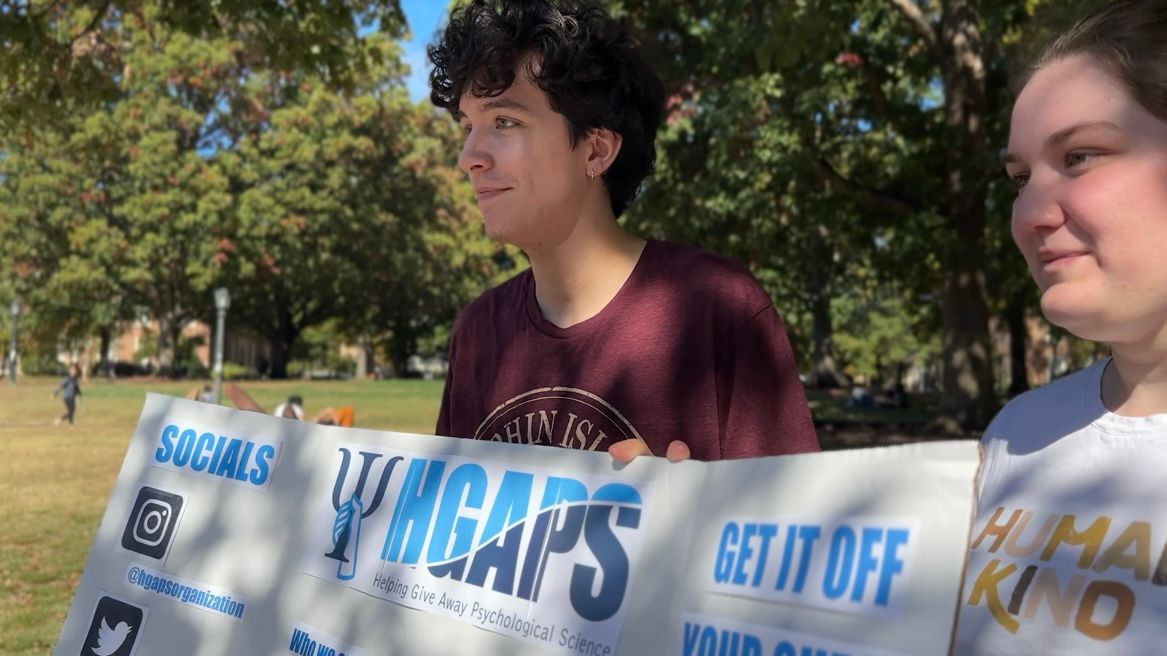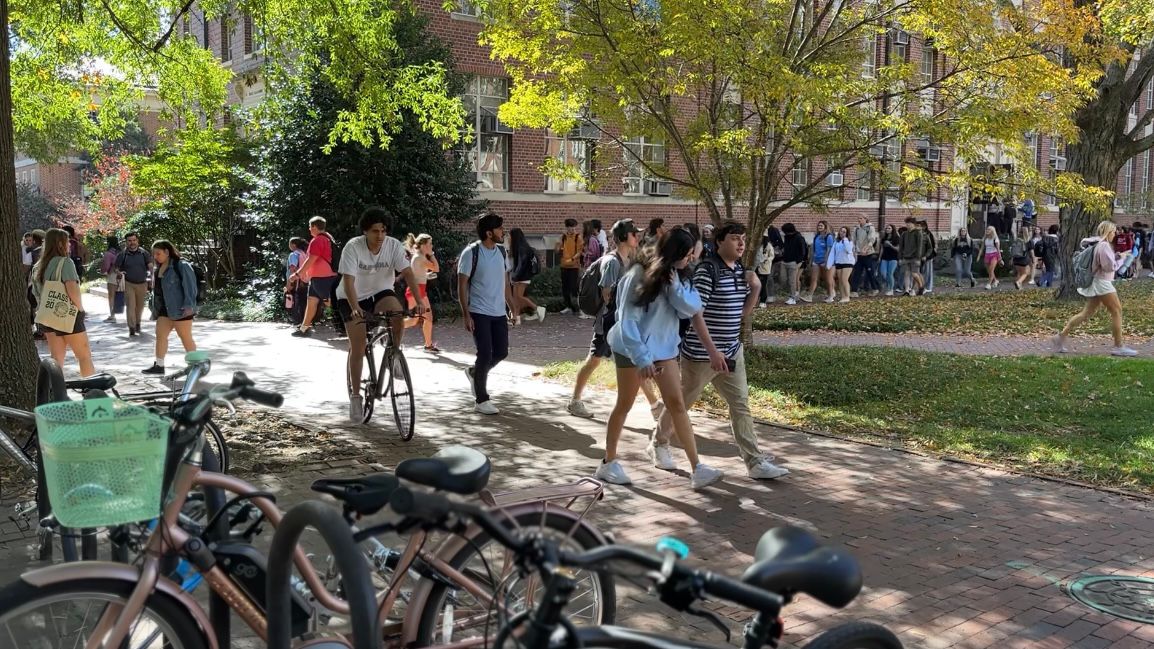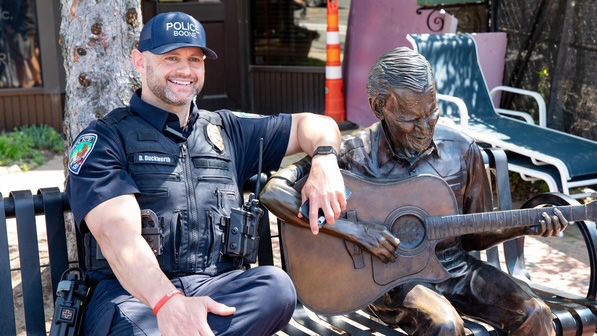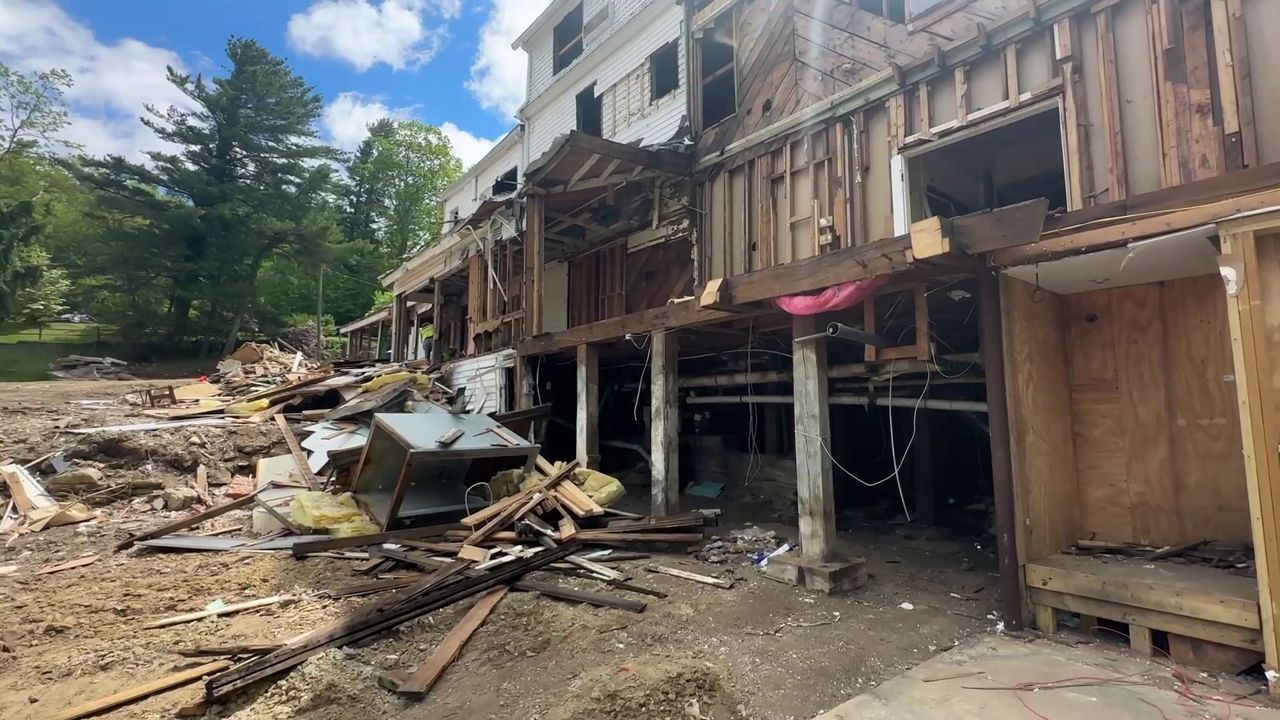CHAPEL HILL, N.C. — October marked the return of student loans, and the stress that goes with them, for many people, including students and alumni in North Carolina.
Nearly 37 million people had student loan payments resume this month after years of pause because of the pandemic. With just a few months left until graduation, Cameron Thomas, a senior at UNC Chapel Hill, is beginning to feel the weight of those loans bearing down on him.

“I've dealt with like this stress from day one, being a freshman, just kind of trying to figure out how I'm going to pay for it when I don't really have the means,” Thomas said. “There's not really a lot of options to like help me feel prepared, even if it's just like conversations or support.”
According to Forbes, more than half of students leave school with debt, and the average student loan balance in North Carolina is over $36,000.
“The overall idea of being in debt while I'm not like making enough money to escape it is really stressful,” Thomas said.
He had no misunderstanding about how expensive school would be, but he says he feels incredibly unprepared for the amount of debt he’s had to take on.
“I have a six-month grace period until all of it starts accruing interest and that's on top of the ones that already accrue interest while I'm in school,” Thomas said.

UNC ranked seventh in the nation for best value universities according to The Princeton Review. That said, according to the U.S. Department of Education, the average annual in-state cost for the university is nearly $25,000.
“I did what I could personally to be able to minimize the financial stress even during the pandemic,” Thomas said. “So I spent multiple semesters at home just so I don't have to pay for the cost of student housing. My first priority should be school. And I've had to pick up multiple jobs to be able to stay financially able to stay in school. There's just no way that everybody else out here is just able to pay for it.”
The University of North Carolina System reported an 8% drop in the number of in-state undergraduates who have federal student loan debt at graduation, bringing the number to 55% for those who graduated in 2022.
“I'm not super comfortable in my position at all with my student loans, but I really don't have any alternatives,” Thomas said.










